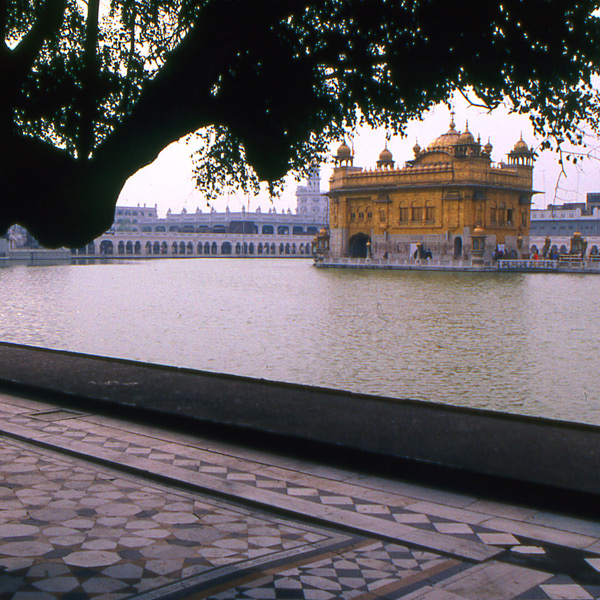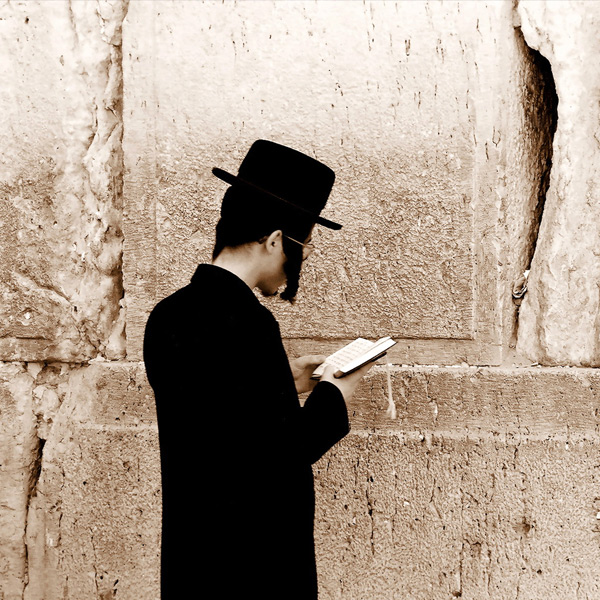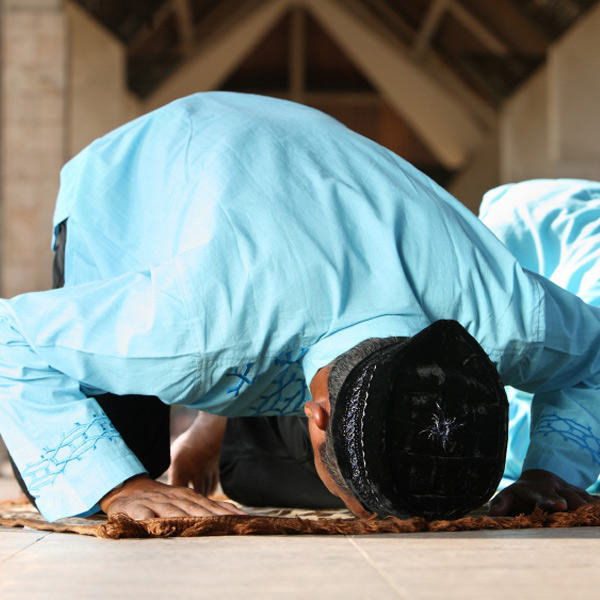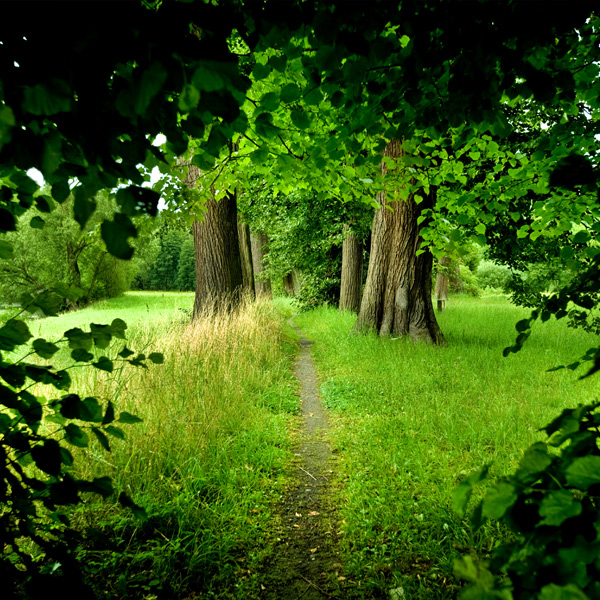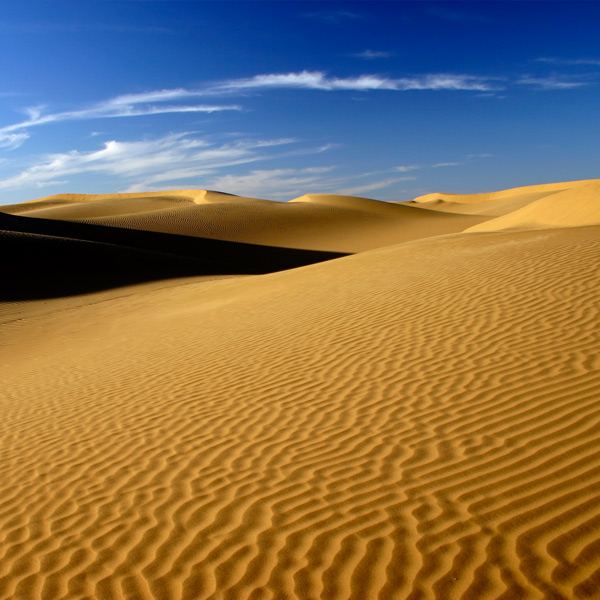WEEK 6: My World Wanderer
The Explorer Archetype
Astrological Jupiter
“There is a desire deep within the soul, which drives man from the seen to the unseen, to philosophy and to the divine.
”
Is it A or B... or C?
Why Learn About Archetypes?
The Explorer Archetype
What horizons attract you? This week we discover your inner Explorer. Where is your learning edge? What would you like to understand better? The inner Explorer is equally interested in foreign countries as in new ideas. Foraying into the unknown, curious, open armed and optimistic, he always says 'yes' to more adventure. We remember that Indiana Jones was also a professor, that higher education is another valid path to knowledge and mindful undertakings. The Explorer is restless and always wants more. Your inner adventure equally wants to be explored in nature, for where better to learn about the natural order of things. This archetype connects you to the wild, to animals, weather, open spaces, and tight forests. Your explorer can be a deep-sea diver or cross a desert, either way he is sure to learn and to expand his knowledge.
Of course we will also look at the shadow here. That will include exaggeration, braggadocio, and loud obnoxiousness.
When well lived, this Archetype becomes the Laughing Buddha, the pondering philosopher, and the world traveler. He loves joy, wealth, and good luck. And he is very funny and great at telling jokes. The Explorer can often appear larger than life. But are all those stories true? Does it matter?
Explorer Music
Key Words for This Week
Read the following key words with your journal nearby. Then, note and reflect on your instant reaction to these words. Imagine they describe a person. Would this person feel like a friend, an enemy, or a stranger?
Searching, Exploration, Expansion, Higher Education, Animals, Truth, Justice, Exaggeration, Enthusiasm, Striving, Philosophy, Tactless, Foreigners, Money, Religion, Teachers, Restless, Weight Gain, Bragging, Striding, Jovial, Honesty, Straightforward, Nature, Can Do, International, Freedom, Nature, Big Idea, Extravagance, Optimism, Yes.
Exercises
With your journal, spend some time imagining this part of yourself. Ask yourself this question:
How do you move through life? Do you crawl, walk, run, gallop, or stride? Or something else?
Is this working for you? Do you tend to be too fast or too slow? Are you clumsy and love the goal but miss the details of getting there? How could the way you move through life be different? How might this serve you?
The Fat Monk
Here is an excerpt from my book, Planets in Play (pp. 184-185). Note that in Archetypal Astrology, Jupiter and the Explorer are identical.
"Another way to imagine the Jupiter archetype is as as the popular depiction of the Laughing Buddha (who is a Buddha, not the Buddha): with a fat belly and a smile. There are various interpretations of his girth and his pleased look, in a symbolic context the extra weight can be seen as abundance and good fortune and his smile as a symbol of serenity and perfect equanimity.
It may at first not be apparent how Jupiter, the gung-ho explorer, can sit still long enough to meditate and be serene. Indeed, it takes an unusual Jupiter to mellow, teach, and ponder, and to become one with the world around him.
In his far more common youthful and immature state, Jupiter is often preachy and, while full of goodwill, overbearing and tiresome. Particularly in religious matters you see him spreading the “good word” and proselytizing the infidel. The religious zealot and the fundamentalist who fervently fights for literal “truth,” both are also expressions of archetypal Jupiter. Militant proponents of some kind of religion or other have always been willing to die or kill for their causes. Ends justify the means. Jupiter can whip us into a frenzy, a rabid fanaticism that is both blind and non-reflective. The religious Jupiter can become the overbearing archetype described once by Winston Churchill like this: "A fanatic is one who can’t change his mind and wont change the subject."
Religion has forever been an avenue for Jupiter. It is with fervor that people go on crusades and engage in missionary propaganda. “Here, look here, and listen, I have this grand idea that is right for you, too, believe me.” Not just religion but all belief systems, all isms, can become fanatical and dogmatic in their execution. It is with tremendous hubris that Jupiter believes that everyone wants what he has discovered.
Jupiter is not mean or calculating but he can be extremely misguided even as he is generous. So full can he be of ecstatic rapture that he simply overwhelms those around him. He wants to drag them into his world. He gives himself to his ideals completely, like a holy-man.
In medieval Europe, monks often made their own wine and not all of it was sacramental. The image of a tipsy brotherhood of well-fed monks within a monastery, smiling all the way to their religious studies, also evokes the Jupiter archetype."
Belief
As your explorer wanders the world—ither literally, through books or movies, or the National Geographic Chanel, or by talking to people from far away places—e eventually comes up with a belief system. He begins to know what is true for him and what is not true. What fits into his way of believing and understanding his reality. All religions, therefore, belong to the Explorer as well, as do rituals that emphasize a certain belief, such as not eating certain things, or eating others at certain times. The Explorer is deeply committed to answers to the big questions. He is also interested in justice and ponders questions about the law. His large embrace of the world does not lend itself to a detailed analysis of his own beliefs, but he will gladly share them with you and the world. He is also not particularly interested in details, they seem pesky to him.
Exercises
Have you ever completely changed your belief in something? Why?
Are you unsure about some or even all of your beliefs?
What is the difference between belief and knowledge? Can we ever really know something. If your answer is "yes," then how?
Do your beliefs give you inner peace, or do they lead to more questions, restlessness, and a desire for more inquiry? Neither? Both?
“A pessimist sees the difficulty in every opportunity; an optimist sees the opportunity in every difficulty.”
Too Much Explorer: The Fanatic
Exercises
Use your journal to explore these questions:
Have you ever believed that you had the final truth in a matter?
If so, have you tried to "shove it down someone's throat?"
Reflect upon the last time you greatly exaggerated a story. How big (really!) was that fish you caught? How good was that restaurant you found?
What superlatives in your language would you like to tone down?
Are you fanatical about something? Does that make you intolerant in some ways?
Do you know anybody who has a tendency to "tell people how it is?" Do you ever do that?
Have you recently wished that you could take something that you said back? Did you put your foot in your mouth? What would you have said and done instead?
Too Little Explorer: The Pessimist
Exercises
Here too use your journal to explore these questions:
What are you most pessimistic about in your life?
Is your glass typically half full or half empty? If the latter, why? What do you know will happen that is bad?
In the past, have you been wrong about your pessimism or have things turned out just as bad as you thought they would?
Do you know people who always see the glass half empty? Do you? Does it bother you?
Have you been disappointed when you got your hopes up? Did you learn that you might as well not get them up too high?
Are pessimists born or made?
Do you think optimists are naive? That they just don't know how bad things really are? That they are oblivious? Irresponsible?
“If you believe you can, or you think you can’t - you’re right.”
Excesses
We live in a culture where it is almost impossible to not have too much of something. But what is too much? Compared to what? To whom? Your Explorer has the wisdom to look at himself and find out where he overdoes things. He recognizes "too much of a good thing," a fat-cat, and loud and obnoxious behavior. These, when recognized and toned down, can mean distinct improvement for an individual.
Exercises
Where do you wish you were more elegant? Perhaps less loud and more distinguished?
Where are you snobby and where do you feel superior to others?
Do you sometimes wish you could be more elegant and less like the proverbial elephant in a china shop?
Is there an area in your life that you would like to tone down?
Do you have an "outside voice" and an "inside voice?" Are they indistinguishable?
Do you know someone who brags all the time? Do you ever, often, or always?
“Moderation is a fatal thing. Nothing succeeds like excess.”
Movies
Can you think of movies that well represent the Explorer archetype? Here are some to get you started: Gandhi, Indiana Jones (all of them), Jesus Camp, The Ten Commandments, The Sound of Music, Kingdom of Heaven, Kundun, Little Buddha, Mr. Holland's Opus, Apollo 13, Saved!, Seven Years in Tibet, Chariots of Fire, The Apostle, The Razor's Edge, The New World, A Thousand Clowns, all Buster Keaton and Charlie Chaplin movies, many comedies.
Exercise
Indiana Jones is one of the best incarnations of the Explorer archetype. With everything that you have learned so far, write a short essay about why this is so. If you have not seen the movies, watch them. Then, ask yourself, what is it that triggers something so archetypally deep in so many? How many facets of the Explorer, well described in these films, can you name?
Another Quote from Planets in Play (p. 186). Once again, remember that you can interchange the words "Jupiter" and "Explorer." Archetypally they are the same.
"Think of Jupiter as he stands and lets his eyes wander over the horizon. Suddenly his gaze falls on the biggest, reddest, and most glorious apple that he has ever seen. It is hanging from a branch on a distant tree. It is the Holy Grail of all apples and he simply must have it. So, from his belt, out comes the weathered whip as he takes off towards his new goal. His worn leather hat slips off his head to the back of his neck, held in place now only by a thin leather string around his neck. His clothes will soon be tattered and torn because, what he forgets, are the pesky details that derail him on his way to the object of his cherished desire. He is oblivious of the deep ravine between him and the tree, the wild beasts down there, and the prickly thorns on the thistles that surely will scratch at him. So, he stumbles, and he falls, and he gets all torn up. But then he just dusts himself off and gets right back to pursuing his goal. Because that apple has him, it has caught him. It is now holy to him."
Growth
The idea that growth is a good thing is a core assumption in the western hemisphere. More is better, bigger is better, the strongest wins, and survival of the fittest. You will be hard pressed to find a news outlet or newspaper that does not advocate growth. It is one of the qualities that belong to the Explorer and that we don't question.
If you think about it, the logical conclusion of growth is one person on every square foot of our planet. That, of course, will not work. So when does growth need to end? Other growths that we don't want include cancer, urban sprawl, and our waistlines. The point is, the assumption that growth is intrinsically good is wrong.
There is a new buzzword that has been around for a few decades: sustainability. Very different ideas underlie sustainability and growth.
Exercises
Spend some time with your journal asking yourself how much you buy into the idea that the only way we can survive is if we grow. Is "grow or die" a truism?
Are you in a growth phase of your life? Or, are you in a maintain/cruising phase? Or, perhaps, in a shrinking phase? Is this too general for you? Then list which parts of your life are in any of the three listed phases. For instance, you may be cruising along at work, growing in a new relationship, and shrinking your living situation.
Joy and Fun
There is a difference between joy and fun. Joy is deeper and more meaningful while fun is more fleeting and immediate. Both can be extremely intense and this is where the Explorer comes in. He is in search of both and he is a hedonist at the core. If it isn't great, fabulous, rich, and fantastic, why bother?
Exercises
Using your journal, ponder the following questions:
What gives you joy? List ten things in order of importance to you. How often do you do those things?
What is your idea of fun? List ten things. When is the last time you did any of these?
Do you sense a different between your answers for joy and fun? Does it matter? Why?
Do you find others' joy infectious? Annoying? Neither? Something else? Write about this in SLACK this week!
Humor
Humor is a funny thing, so to speak. It varies greatly from culture to culture and yet there are some core jokes that seem to be rather universal. Often these involve archetypes, like the trickster. Many jokes point out weaknesses, flaws, and they further stereotypes. It is also common for jokes to pick on a particular group, or to be mean. Yet, we laugh, we can't help it. There are also jokes that allow us to see the absurdity of our lives, such as, "What do Facebook employees do to waste time at work?"
This week, pay attention to humor, one of the realms of your Explorer. What is funny to you? Why?
The Explorer knows a million gags and his jokes are not particularly witty. Wit belongs to the Trickster. Slapstick, slipping on a banana peel, and a pie in the face, this is humor that the Explorer understands; also, imitating accents.
Exercises
Tell a different joke to a different person every day this entire week. If you say you botch them, or, you don't know any good jokes, google some and don't worry about how they come across. Do your best and feel your Explorer.
Watch a comedy or two with a special person. Notice if you both laugh at the same times.
What makes something funny to you?
Does your humor come from your Trickster? Your Explorer? Both? What's the difference?
Find a comedy show in your area and go see a comic. Or, watch a comic on late-night TV.
Make up a funny story and tell it to a child. Exaggerate greatly.
Why do you think laughter is infectious? Have you ever "gotten the giggles" so you could simply not stop laughing?
“Like a welcome summer rain, humor may suddenly cleanse and cool the earth, the air and you.”
“Laughter is an instant vacation.”
Teaching
Besides having the potential to be loud, preachy, and overbearing, your Explorer also represents your inner teacher. The more refined expression of this Explorer lands him in the classroom, or, certainly always with a good story that teaches something meaningful. People are naturally attracted to this archetype as many of us want to learn and have a natural curiosity that this traveling wanderer can satisfy. We fondly remember that special teacher who really saw us, who broke through all stereotypes and who, without prejudice, spoke to us in a deep and meaningful way, perhaps changing our lives forever. This is the Explorer in the teacher activating the Explorer in you. They speak a language of learning, of ideas, of stretching envelopes, and of finding freedom in the mind to search for new horizons.
Exercises
Teach something this week. It does not matter if you teach a child, an adult, or your dog. How does it feel to teach?
Learn something new this week as well. Learn it so well that you can teach what you learned to the next person. Be passionate about how you pass it on.
Traveling
Your explorer, as the word says, loves to go places and to learn new things. One of the best ways to explore is to travel. When you get out side of your comfort zone, when you are stretched by other customs, foods, time-zones, cultures, and interactions, then you are learning and growing. There is also traveling in the mind. Some people never leaver their armchair and see the world. They read, watch the Discovery Chanel, and they invite foreigners to visit them. They cook exotic dishes, learn new traditions, and explore other cultures. Traveling is a state of mind. Some travel by taking a course at their local community college, or, online, and enter territory they never heard or dreamed of before.
Exercises
Take a trip! You can literally go away for a few days. Or, you can look through an album of vacation pictures. Or you can travel by immersing yourself in a book from a foreign place. Or, you can study a belief system that is quite foreign to you.
How comfortable are you with being in foreign territory? Are you out of your depth? Is that okay? Do you find that you are a chameleon and that you become like the locals quickly?
Would you like to travel around the world? Why? What is the farthest away place you have ever visited? What is the most exotic place you have ever dreamed of visiting?
Do you speak another language? Does that make exploring a country where that language is spoken different? How? What can you learn through the language of a place that you cannot if you have to translate?
More Explorer Music
The Moldau (based on the river Vltava, the longest river in the Czech Republic, Moldau is the German name) is a piece that reminds me of movement, of going somewhere, of traveling far away. What music do you have in your collection that takes you to exotic destinations?
Foods
Foods that belong to the Explorer include: exotic foods from faraway places, pleasurable foods, eating for enjoyment, bulb vegetables, grapefruits, currants, sultanas, celery, onions, leeks, garlic, cinnamon, sage, and with drinks, wine. A sense that there is abundance. A smorgasbord. Saying a prayer before eating. Blessing the food. Eating with gusto. A cornucopia (horn of plenty).
Abundance
Rituals for the Explorer
Expand your mind.
Delve into the world of ideas.
Ask questions about meaning.
Study comparative religion.
Go back to school.
Ponder the large questions such as "what are Truth, Beauty, and Justice?"
Dress up as a philosopher. Start a philosophical study group.
Get a soap box and learn to orate while standing on it.
Dance.
Enjoy.
Spend time in nature. Hug a tree. Lay down in the grass and smell it. Make angels in the sand and snow.
Spend time in the nude.
Take care of an animal. Or twenty.
Learn how to tell jokes. Laugh a lot.
Go to the nearest courthouse and watch a trial.
Get published.
Teach all you know to others.
Stop worrying.
Exaggerate everything you do.
If you have a problem make it bigger so you can see it better.
Dream big and often.
Think idealistic thoughts, even if they do not come naturally. Think optimistic thoughts, even if you have to force yourself.
Take extra large strides as you walk. Bounce a bit.
Paint life with a big brush.
Learn a foreign language.
Nature and Animals
On his travels the Explorer revels in nature. He loves, and is completely at home in, all things natural. If he rides a horse, he prefers to ride bareback. If he runs into the ocean, he prefers to be naked.
The Explorer can be seen hugging trees and smelling the earth. As oblivious as he may be to details in his daily life, he is fully alert to all minutiae he encounters when outdoors. He is a natural nature guide and he knows what plants you can eat and what will kill you. He is a survivor in nature, should the worst happen. And just his optimism can keep him alive until help arrives.
He loves pets and hates zoos, except that he can talk to wild beasts there and play with monkeys through the glass. It makes him sad to see animals caged. He imagines himself limited in his freedom and shudders. He is a wanderer and a traveler and he knows that a rolling stone gathers no moss. He leaves at the height of the party because something beautiful, shiny, and far away caught his eye.
Sometimes he is more comfortable talking to his dog than to his mate. Dogs are optimistic and excited and, like him, they prefer to run on the beach rather than sit on the couch.
Your Explorer can roam around outside at any time, in any weather. You might also see him gazing at the night sky and wondering just what is beyond that furthest star.
Explorer Images
You can let these play automatically, or you can click through them at your own pace by using the left and right arrows.
Think of the key-words for the Explorer when you look at these. Why is each of them here?
That's it for the Explorer.
See you next week!

























